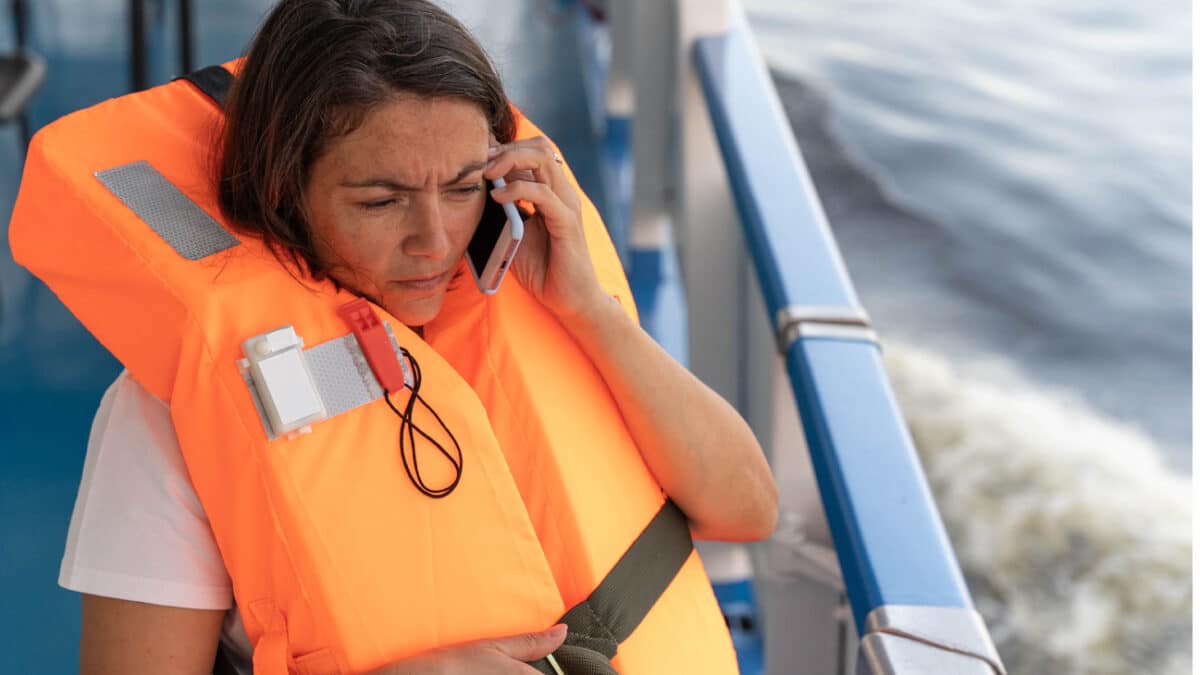
Nicolas Daher shares his experience of the Master 500 GT Captain training course
26 February 2025
Why The Yachter is affiliated with GEPY and what’s in it for you
9 May 2025A structuring reform for maritime safety
Division 240, which governs the safety of pleasure craft in France, has recently been revised to adapt to technological advances and new regulatory requirements. The changes to Division 240 have a direct impact on captains and officers-in-training, requiring a thorough understanding of the new applicable standards.
1. Changes in mandatory safety equipment
One of the major changes concerns the safety equipment required on board. From now on, each vessel must be equipped with :
- Personal locator beacon (PLB) or on-board emergency beacon (EPIRB): now mandatory, depending on navigation category.
- Self-activating lifejackets with subcutaneous: improving crew safety in the event of ejection.
- VHF DSC with distress function: for more effective emergency communication.
- Safety kit adapted to the navigation zone: including flares, signal mirror and floating light.
2. Implications for maritime training and qualifications
Regulatory changes have made it necessary to update training and certification for navigation students.
- Update of STCW modules: integration of new safety and emergency standards.
- Compulsory regular refresher training: refresher sessions required to maintain skills.
- Enhanced knowledge of meteorology and management of critical situations: more stringent requirements in terms of risk preparation and anticipation.
3. Impacts on navigation prerogatives
The changes also affect the areas and conditions in which ships operate:
- Reassessment of authorized sailing distances based on onboard safety equipment.
- Redefinition of the categories of professional vessels according to their use (training, commercial yachting, passenger transport).
- More stringent regulatory controls to ensure compliance with new safety standards.
4. Consequences for masters’ liability and marine insurance
The regulatory adjustments entail increased obligations for future captains and officers-in-training:
- Increased maintenance and checking requirements for safety equipment.
- Revision ofmarine insurance contracts to include these new provisions.
- Increased liability in the event of failure to comply with new regulatory obligations.
Conclusion: a change in division 240 is needed for future seafaring professionals
The changes to Division 240 need to be taken into account immediately by maritime training students. Adopting these new standards will guarantee greater safety and effectively prepare future captains for operational requirements.
To deepen your knowledge and validate your compliance with the new requirements, consult The Yachter’s training courses and explore the training courses adapted to your career path. Mastering these changes means ensuring a secure career in line with international standards!



